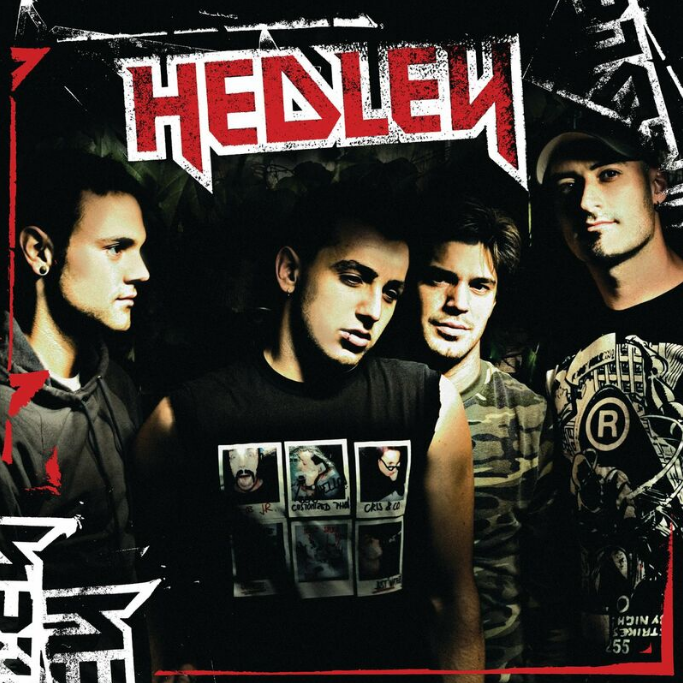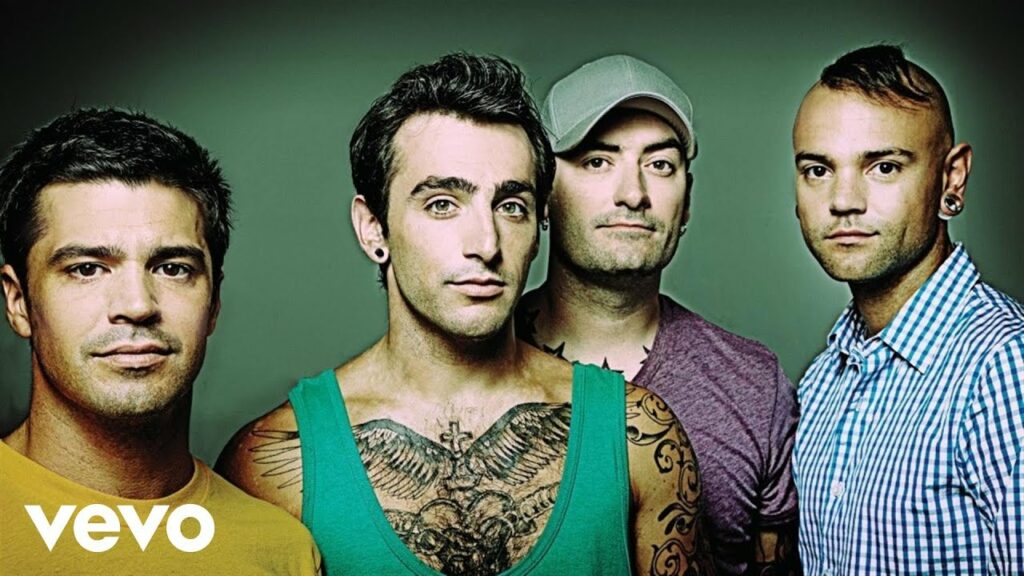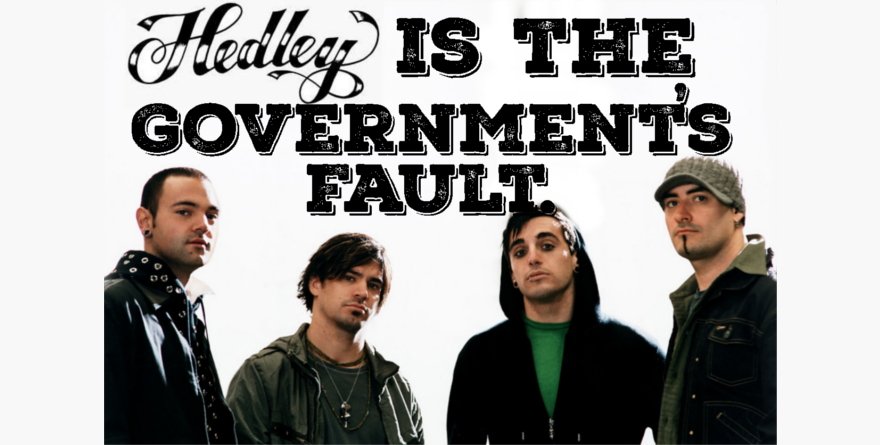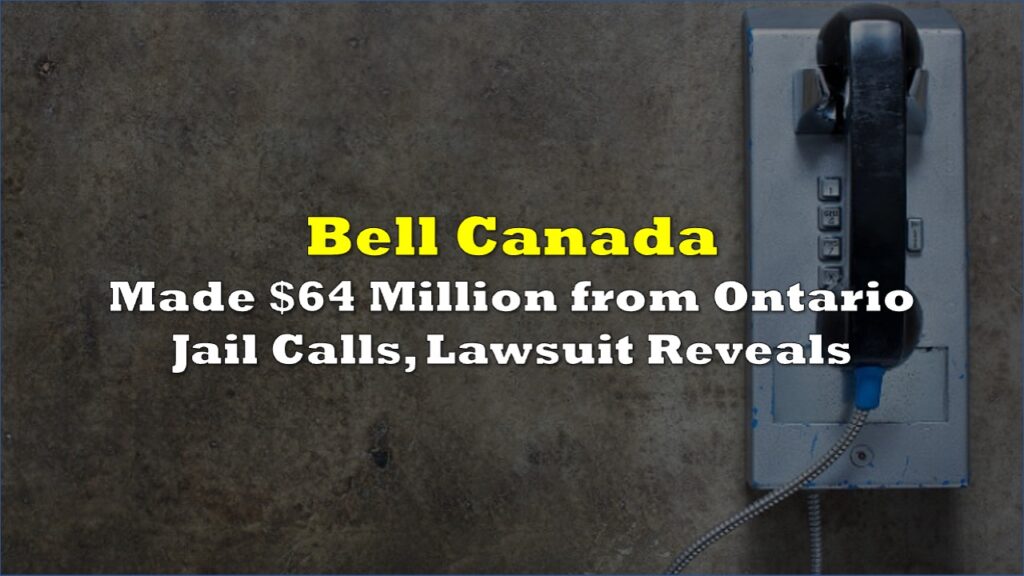The five year prison sentence for sexual assault handed down by a Canadian court this past Thursday is the first legal consequences Jacob Hoggard, front man of Canadian pop-rock band Hedley, is known to have faced for various acts of sexual assault and sexual misconduct detailed in allegations that date back as far as 2005. Hoggard is presently out on bail pending appeal.
The Toronto Star has a detailed chronology of allegations and events that are all that is left of the now defunct band. It was compiled from the accounts of accusers who came out of the woodwork in 2018 and forced a discussion of Hoggard’s obnoxious, self-indulgent rock-star persona into the press, where it persisted, and got Hedley more Canadian headlines than its music ever warranted.
The Canadian press hadn’t given a celebrity’s sexual habits that much attention since Jian Ghomeshi, and the weight of the coverage was enough to prompt the cancellation of all booked shows and cause the band’s breakup in 2018. Initially, a movement of mostly online fans stuck with their man and derided media coverage that it deemed unfair to Hedley. The band, its management, and certainly Hoggard, who was and still is facing jail time for many of the events being detailed, would surely agree.
But The Dive suggests that the coverage did Hedley a favour by ignoring the broader underlying condition: Hedley sucks, and had no business becoming popular enough to afford all those lawyers.
Hedley’s crimes against music remain unpunished
Musical tastes are subjective, of course. And if anyone under 18 years old is playing music at a loud volume, and anyone over 30 within earshot isn’t telling them to turn off that damned racket, then they’re doing it wrong. But the Hedley catalog is meritless dreck that, in the context of its very limited commercial or critical success and needlessly broad media footprint, can only be considered pollution.
Hoggard’s reign of terror started in 2004, when he was a contestant on Canadian Idol. He delivered an over-stylized butchering of the Billy Joel classic “Only the Good Die Young,” that gave a new sense of tragedy to the title. The judges gushed over a young, promising showman whose career was about to live a lot longer than it ever should have. He finished in third place.
Hedley’s self-titled debut, released in September of 2005, is the work of a young band making an emo-pop-rock record in a lab. The execution and production are doing all the work here, making up for a lack of talent or originality. It’s heavy on the teenage angst, colors inside the lines in terms of melody and structure, and uses just enough fuzz guitar to seem dangerous while staying safe enough for the radio.

Not everyone can be original, of course, and Hedley’s emo attempt at product pop didn’t have to be unique or even good to be commercial; it just had to sell. But whether it really did that or not depends on who’s counting and where they set the baseline. Hedley was certified platinum in December of 2005… in Canada, where platinum certification means moving 80,000 units (versus 1,000,000 south of the border). It peaked at #3 (in Canada).
Fellow Canadian cardboard cutouts Nickelback dropped All the Right Reasons a month later in October of 2005. It shot to #1 and went Canadian double platinum right away, but as much as Chad Kroeger and The ‘Back surely appreciate their Canadian fans, the 200,000 units it moved in Canada must have seemed quaint next to the 4 million it sold in the United States by the end of the year. Today, All the Right Reasons has sold 700,000 copies in Canada, and 11 million world wide, including almost 8 million in the US.
But 100,000 units (in Canada) is a decent effort for a debut album, and the machine that made Hedley wasn’t about to give up on these pout-pop posers just because nobody wanted to buy their records.

Affirmative Action Airplay from the CanCon Culture Commies
Ever since 1972, the Canadian Radio and Telecommunications Commission has enforced a legislated mandate that radio and TV must broadcast content that is deemed to be “Canadian” on a certain percentage of its airtime. Presently, radio content must be 40% Canadian, and broadcast television content must be must be 50% Canadian.
The Canadianity of musical content is governed by the MAPL system, which examines the Music’s composer, the Artist performing it, where the Performance was recorded, and the writer of the song’s Lyrics. If at least two of the four elements are Canadian, it’s considered Canadian for airplay purposes.
The effects of this overtly fascist distribution of broadcast resources on Canada’s contribution to popular music isn’t knowable. Consistently successful Canadian acts like Shania Twain and Drake hardly need the government’s help, but get plenty of it anyway whenever Much Music can overplay one of their hits to help it check the CanCon box. Smaller acts certainly appreciate the inside track to exposure while they’re starting out, but acts with true appeal are likely to earn that exposure without it. From a commercial standpoint, Canadian airplay must feel like a consolation prize. The Weeknd played the Superbowl half time show last year, why would he care how many spins he’s getting on Canadian radio and Much Music?
Unintended Consequences
A mandated 40% of radio play and 50% of TV content (60% on the CBC) leaves a lot of room for MAPL-certified acts to rack up the pity plays. Hedley set itself up in Canadian studios, with Canadian producers, and started cranking out formula-based filler for the vacuum. It lost the faux-punk fuzzbox in 2009, and leaned in to the safe pop sound that makes programmers feel like they’re definitely going to keep their jobs.
By 2009, Hedley had become an off-brand Maroon 5 from Canada with a lot less texture. Seven albums over 12 years are best described as a monoculture of basic, boring pop that isn’t interesting, and isn’t trying to be. It’s weepy love ballads and flat attempts at party bangers that would clear the room out at any party where the people weren’t too polite to just get up and leave, because it’s in Canada.
They sure weren’t doing it to sell records. Of seven albums over 12 years, only 2015’s Hello charted at #1 (in Canada!), and it only stayed there for one week. But that doesn’t really matter because, ever since music went digital, the money is in the performance.
The band chose this one to play at the closing ceremonies of the 2010 Olympics in Vancouver. NBC cut the broadcast short to air the initial episode of Jerry Seinfeld reality show The Marriage Ref, which was well-hated, but obviously a bigger draw than Hedley.
Stakeholders in the Hedley enterprise apart from the band itself and its producers included Universal Music Canada, Watchdog Management and the Feldman Agency. It monetized Hedley’s government-gift wrapped airplay with tours, and kept the road show relevant by making sure there were colorful, punchy video versions of their electro-Can-pop to fulfil the Much Music MAPL requirements and get jammed into eyeballs by Youtube algos.
In the musical microclimate created by CanCon, festivals and live-to-TV concerts can’t always book (or afford) acts that people want to listen to, so they tend to book acts that imitate those acts, like Hedley. A broadcast-ready three piece with enough airplay that the audience has heard of them is a handy thing to slot in at a CFL half time show, the closing ceremony at the Vancouver Olympics, or the Juno Awards, where the various elements of the manufactured commercial pop ecosystem publicly congratulate each other. (Seven albums and 22 music videos over 12 years produced a whopping 27 Juno nominations for Hedley, but only two wins. Most Junos are awarded to the nominee with the most unit sales (in Canada), but Hedley was a six time nominee for the Juno Fan Choice Award, given every year to the band of the people! They went 0 for 6.)
“Certain Rock ‘n Roll Clichés”
It turns out that the factory-stock pop act who had been crooning out accessible ballads to minor hockey arenas full of teen girls, practically begging them to harmonize along with their heart strings, wasn’t just doing it for the money. When the sexual assault allegations first gained media traction in 2018, the band released a statement that denied criminal action, and chalked it all up to having once “engaged in a lifestyle that incorporated certain Rock ‘n Roll clichés,” practically casting the band as victims while putting the final exclamation point on a career as a subsidized imitators.
Hoggard developing destructive, criminal sexual habits in his life on the road to fit in with oral folklore about the way rock bands treat teenage groupies is really believable. Given the system that spawned Hedley and created the commercial environment that fed it, could Canada expect anything less?

The CRTC is effectively using the national resource that is broadcast airtime to support the country’s musical artists, and foster a domestic recording industry. It sounds clever, and is prone to fool people with a short term outlook into thinking it’s good business because, from a short-term outlook, it is good business. Why support art with cash if airplay mandates can make space for it to thrive?
If the goal is to encourage an environment that nurtures and develops Canadian artists and content that are distinct and original, whether or not they get sucked in by the considerable gravity of the US market next door, then a localized 12 year career for an aggressively mediocre Hoobastank knock-off makes it an abject failure. CanCon is an in-kind subsidy that’s being successfully bilked by commercial enterprises to sell product that is only commercially viable because of artificially lowered standards.
Having hauled a serial sex offender on 12 years worth of cross-country tours might make the industry look bad, but when has that ever bothered anyone involved?
This post was written while listening to all seven Hedley albums. They all sucked.
Information for this briefing was found via the Government of Canada, CBC, Toronto Star, and the sources mentioned. The author has no securities or affiliations related to this organization. Not a recommendation to buy or sell. Always do additional research and consult a professional before purchasing a security. The author holds no licenses.









